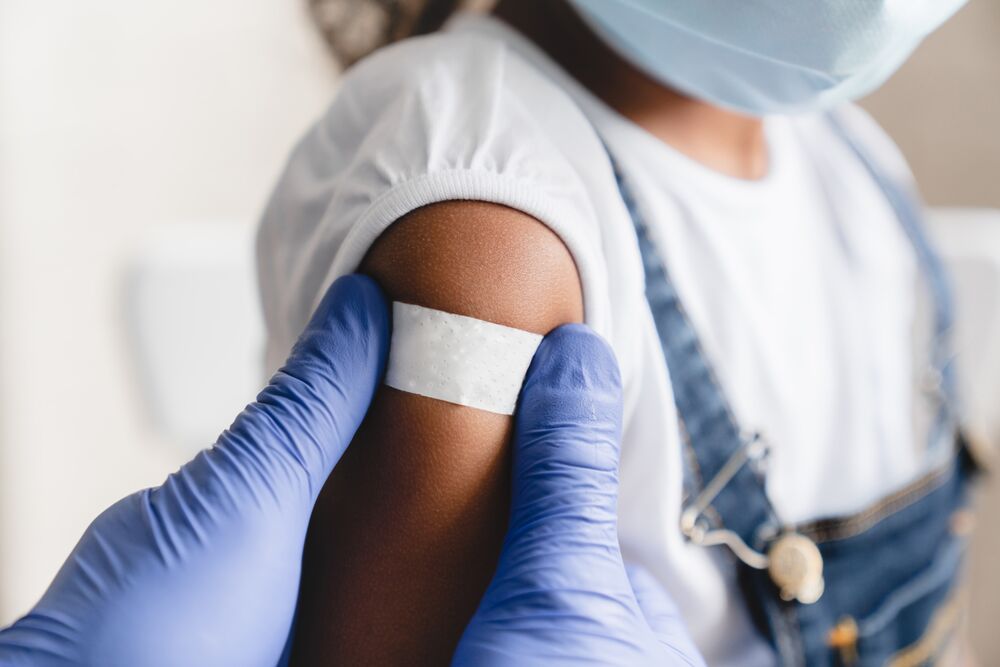Introduction
Highlights
Driving implementation of key initiatives
As steward of the Canadian Strategy for Cancer Control, the Partnership works alongside partners to advance pan-Canadian priorities, put the Strategy into action and deliver results that improve cancer outcomes.
During the disruptions of the COVID-19 pandemic, the Partnership responded to urgent needs to accelerate innovation across the cancer system by tailoring supports to the provinces and territories as they worked to sustain, restore and redesign services affected by COVID-19. The resilience we have built together across the system is helping partners leverage opportunities for innovation that address new challenges as the pandemic recedes.
We and our partners have now finished all work originally slated for completion in 2021–22 and fully achieved the 2022 outcomes. As just a few examples, partners concluded projects to:
- Implement Peoples-specific First Nations, Inuit and Métis cancer strategies across all 13 provinces and territories
- Train more than 7,700 paramedics to provide palliative care in people’s homes
- Improve survivorship care following cancer treatment
- Reduce wait times for colonoscopy
- Make patient-reported outcome (PRO) tools available to more than 110,000 patients to report on the prevalence and severity of their symptom burden
During this pivotal year, we also began new work with partners to implement our new five-year business plan – work that will drive towards immediate and intermediate outcomes. See our key achievements for details.
Strength in collaboration
The Partnership worked shoulder to shoulder with other pan-Canadian, national and international health organizations this year to develop new programming, and share expertise and learnings.
Close collaborations are key to strengthening our collective work. As examples, we:
- Collaborated with the Canadian Cancer Society and a wide range of provincial and federal partners on the pan-Canadian Cancer Data Strategy
- Signed a relationship agreement with the First Nations Health Managers Association to work respectfully and reciprocally together to improve cancer care and health outcomes for and with First Nations across Canada
- Partnered with Healthcare Excellence Canada on a new initiative to provide people who are vulnerably housed or unhoused with equitable access to palliative care
- Supported the work of the Canadian Centre for Substance Use and Addiction upon the release of Canada’s updated Guidance on Alcohol and Health, which includes specific considerations with respect to cancer risk
- Supported the Canadian Institute for Health Information’s Choosing Wisely report by contributing key information related to cervical cancer
- Worked with First Nations, Métis, Australian Indigenous and Aotearoa Maori (New Zealand) leaders to plan and deliver sessions on Indigenous cancer control as part of the Union for International Cancer Control’s World Cancer Congress
- Contributed to a Canadian Cancer Society report that reveals 1.5 million people in Canada are living with or beyond cancer, and that shows how rates of cancer differ according to income and geography
A framework for effective partnership
The partners we support play a crucial role in improving cancer prevention, care and outcomes in Canada. The Partnership’s 2022–27 business plan gives us a solid framework for being nimble and responsive as our partners continue to innovate and rebuild following the pandemic, and grapple with new and evolving challenges.
To ensure we provide the support partners need, we have begun an annual exercise to measure the quality of our relationships, particularly the services and products we provide. This year, we completed our first Partner Engagement Survey. The survey results reinforced the importance of being responsive and tailoring our support to meet individual partner needs.
Overall, our partners value the relationships we have built. One hundred per cent report being satisfied with the Partnership’s funded support of their projects and 91% are confident the Partnership follows through on commitments.
Focusing on DEI and reconciliation
The Partnership is committed to advancing health equity as we work to implement the priorities of the Canadian Strategy for Cancer Control. After laying a firm foundation for equity across the organization and its programs in previous years, we advanced diversity, equity and inclusion (DEI) and reconciliation in multiple ways this year:
- Worked alongside partners to increase knowledge of DEI, including how to co-design programs with the communities they support.
- Developed a reconciliation pathway that summarizes the Partnership’s actions, accountabilities and commitment to reconciliation with First Nations, Inuit and Métis.
- Engaged expert health equity advisors to assist the Partnership in embedding an equity lens in our funded work in key areas such as serving populations who are vulnerably housed or unhoused.
- Introduced a policy to provide financial compensation for patient and family advisors that recognizes the value and effort of their contributions.
- Completed the second year of our Board of Directors’ DEI and reconciliation plan.
- Signed onto the Government of Canada’s 50 – 30 Challenge, which encourages organizations to embrace gender parity (50%) and significant representation of underrepresented groups (30%).
- Continued to build internal foundational DEI competencies to work with partners by delivering equity in implementation training to all staff.






